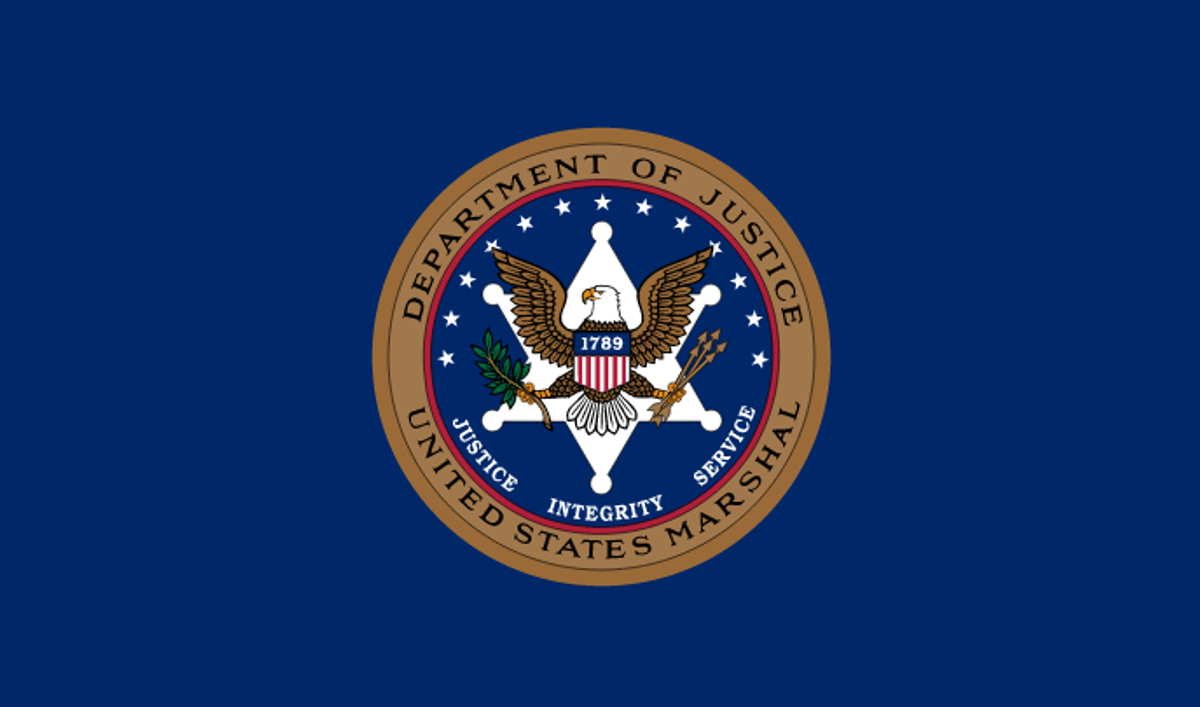In February 2016, a news story about a man who was arrested for unpaid student loans went viral on the internet. While most of these news articles accurately reported the details that led to Paul Aker's arrest, a series of misleading headlines and sensational reports led to several false rumors about the situation, chief among them that U.S. Marshals were actively tracking down people with unpaid student loans in order to arrest them.
But this is not the case. Aker was not arrested simply because he didn't pay his student loans; he was arrested because he failed to obey a court order, an important distinction:
The Marshals Service said it spoke with him by phone in 2012 requesting he appear in court, but he refused. Aker told CNNMoney that he does not remember having that conversation, and said that he hasn't received any notification about the outstanding loan in a long time.
Yahoo Finance reported that the federal government sued Aker in 2007 over his unpaid federal student loan debt. When Aker failed to appear in court, a judge ordered that he pay the full balance. Aker failed to make that payment also, and in 2012 a judge issued a warrant for his arrest:
The court record shows that Aker, listed as Winford P. Aker in the complaint, did not appear in court to answer the lawsuit and, as is common when student loan borrowers fail to appear, the presiding judge ruled against him and ordered Aker to pay the full balance on April 17, 2007.
According to a statement from the U.S. Marshals Service, Aker repeatedly refused to show up in court after being contacted several times. The agency said Aker told them by phone he would not appear in court to answer the summons. Disobeying a court order is a criminal offense. Within a few months, the judge issued a warrant for his arrest, which the U.S. Marshals carried out. So, yes, Aker was arrested, but not just because he owed a little student loan debt. He was arrested for disobeying a court order.
Another piece of misinformation which originated with this news story was that Aker was arrested by "seven armed U.S. Marshals," which is technically true, but misleading. Aker said in an interview that he went inside his home to get a gun as Marshals tried to arrest him, at which point they called for backup:
"I went inside to get my gun because I didn't know who these guys were," he told CNNMoney.
U.S. Marshals elaborated on Aker's version of events in a statement:
The situation escalated when Aker verbally said to the deputies that he had a gun. After Aker made the statement that he was armed, in order to protect everyone involved, the deputies requested additional law enforcement assistance. Additional deputy marshals and local law enforcement officers responded to the scene. After approximately two hours, the law enforcement officers convinced Aker to peacefully exit his home, and he was arrested.
Aker was brought to court (not prison), where he agreed to a payment plan for his federal student loans.
As of 2015, Americans owed a collective $1.2 trillion in student loans. Of those, only about 37 percent are actively paying them down, and 17 percent are in default or delinquency:
It is not uncommon for U.S. Marshals to serve summonses to people who fail to appear in court regarding outstanding federal student loans. In Houston -- where Aker was arrested -- warrants have been issued for about 1,500 people in this situation.
But former students get many chances to start repaying a federal loan before U.S. Marshals knock on the door.
While U.S. Marshals have been called upon to serve on the court's behalf, they are not arresting people simply for having unpaid loans.

